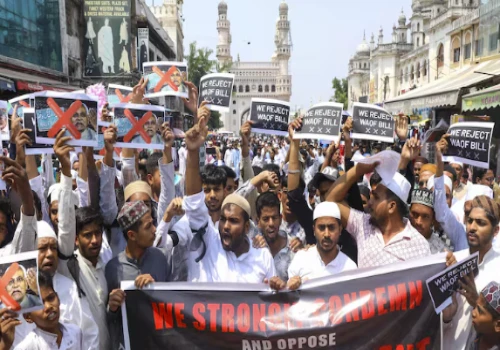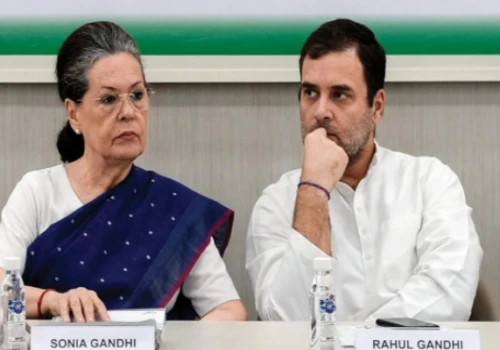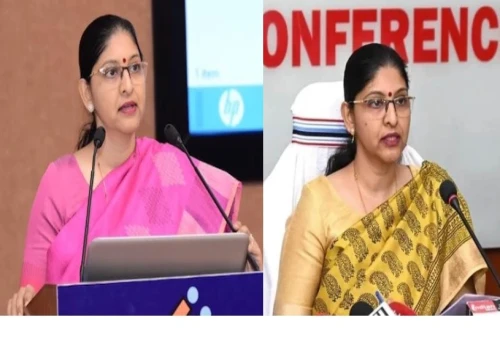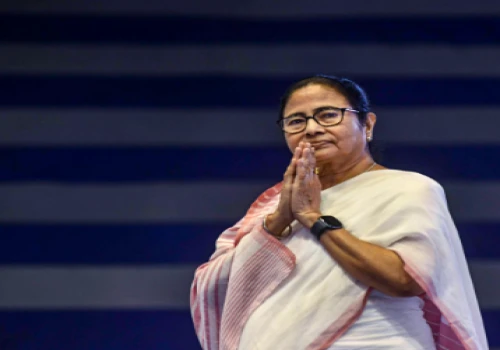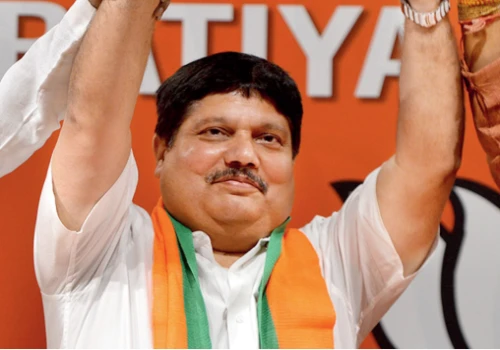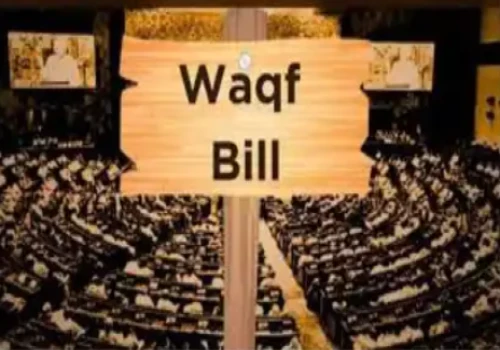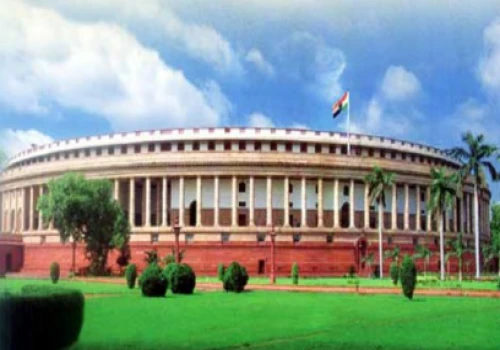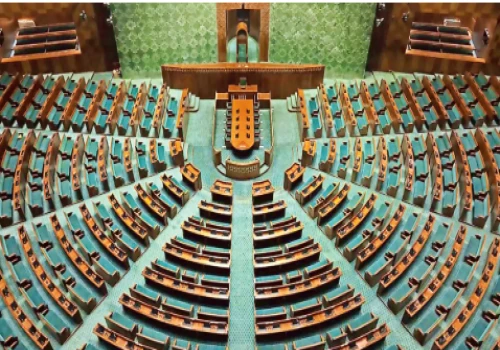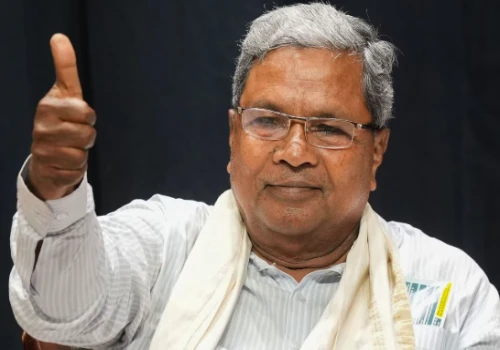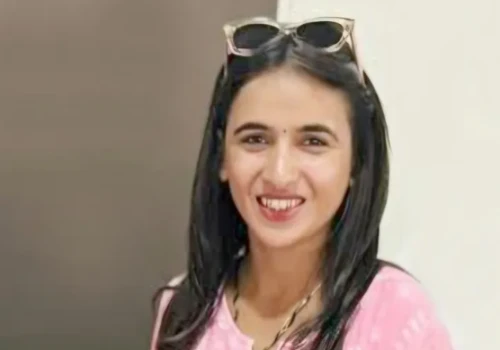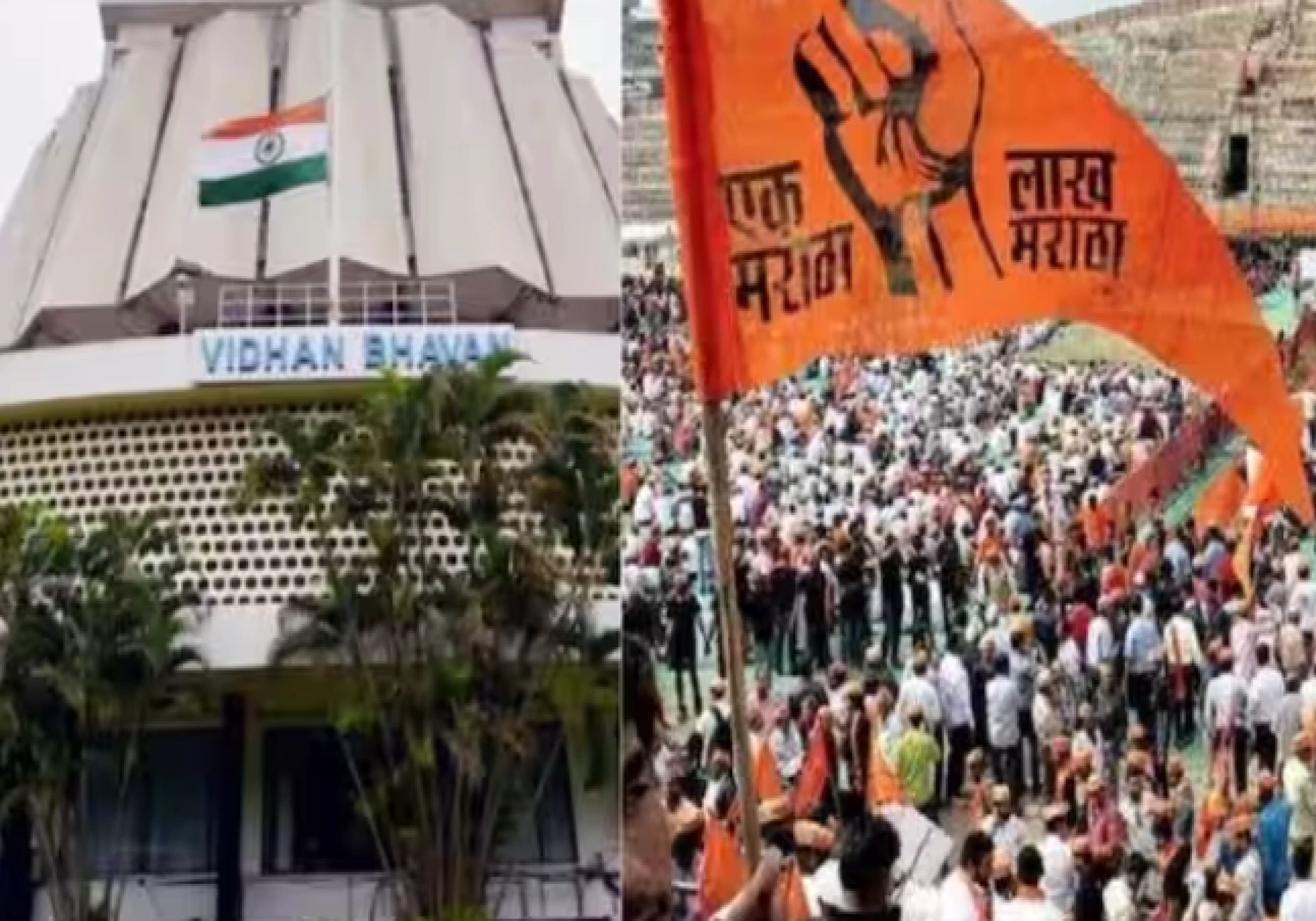
Mumbai: The Maharashtra Legislative Assembly has granted approval to the Maratha Reservation Bill, with unanimous support. Chief Minister Eknath Shinde, in the course of the bill's debate, affirmed his commitment to providing reservation for the Marathas, citing an oath taken in front of the Chhatrapati Shivaji statue. Emphasizing that the Maratha reservation would be implemented without affecting the OBC reservation, Shinde stated that the Maharashtra Cabinet has sanctioned a 10 percent reservation for the Maratha community in both education and employment. He reiterated that this decision was made in consultation with the assembly, ensuring that the interests of all communities are preserved. Shinde asserted the government's dedication to decisions benefitting farmers and laborers from the very beginning.
Chief Minister Shinde celebrated the recent approval of the Maratha Reservation Bill as a victory for the community. He acknowledged the efforts of Manoj Jarange Patil and his supporters in achieving this milestone. Notably, this marks Chief Minister Shinde's third term in office, during which he has consistently supported and implemented measures to provide reservation for the Maratha community.
The roots of the demand for Maratha reservation can be traced back to 1980, following the initiation of the Mandal Commission by Maratha leader Annasaheb Patil. The issue gained momentum after the Kopardi incident of 2016-17, prompting the Fadnavis government in 2018 to decide on a 16 percent reservation for the Maratha community based on social and educational backwardness. However, this decision faced legal challenges, with the Bombay High Court subsequently reducing the reservation to 12% in education and 13% in jobs in 2019. Eventually, the Supreme Court overturned this decision in 2021, stating that there was no exceptional situation justifying the consideration of Marathas as backward and the provision of reservation.
Despite the legal challenges and setbacks, Chief Minister Shinde expressed satisfaction at the recent unanimous approval of the Maratha Reservation Bill, underscoring the government's commitment to addressing the concerns of the Maratha community. The victory was seen not only as a political achievement but also as a step towards fulfilling a long-standing demand for social justice and representation.
As of now, the reservation status in Maharashtra stands at 13 percent for Scheduled Castes, 7 percent for Scheduled Tribes, 19 percent for Other Backward Classes (OBC), 11 percent for Scheduled Tribes and Nomadic Tribes, and 2 percent for Socially and Economically Backward Class (SEBC). This brings the total reservation to 52 percent. With the addition of 10 percent reservation for Economically Weaker Sections (EWS), the overall figure reaches 62 percent.
The recent decision to provide 10 to 12 percent reservation to the Maratha community would push the total reservation beyond 70 percent. This has raised concerns about the viability of such high reservation percentages in the Supreme Court. Manoj Jarange, a representative of the Maratha community, expressed both support and reservations about the decision. While welcoming the Chief Minister's decision and the ongoing implementation for a select group, he emphasized the community's broader demand for inclusion in the OBC category.
Jarange highlighted the presence of Kunbi records within the Maratha community and called for the implementation of ordinances regarding relatives for those Maratha individuals whose Kunbi records have not been identified. In response to the perceived inadequacy of the current reservation decision, he announced the initiation of a protest to advocate for the broader rights of the Maratha community within the OBC category.


